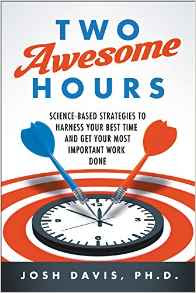211 Better Brain, Better Life With Chris Masterjohn PhD
27/5/19 by Sean McCormick
Web player: http://podplayer.net/#/?id=71829844
27/5/19 by Sean McCormick
Web player: http://podplayer.net/#/?id=71829844
Episode: http://traffic.libsyn.com/optimalperformancepodcast/211_Chris_Masterjohn_-_52319_4.45_PM.mp3?dest-id=518318
Chris Masterjohn PhD knows more about neurotransmitters than anyone I've ever met. And in this episode, you'll find out exactly what I mean. Chris is offering all listeners of the OPP 20% off his Testing Nurtitional Status - The Ultimate Cheat Sheet - A massively powerful tool for understanding your own nutritional needs. Testing Nurtitional Status - The Ultimate Cheat Sheet Link - https://chrismasterjohnphd.com/sean
Chris Masterjohn PhD knows more about neurotransmitters than anyone I've ever met. And in this episode, you'll find out exactly what I mean. Chris is offering all listeners of the OPP 20% off his Testing Nurtitional Status - The Ultimate Cheat Sheet - A massively powerful tool for understanding your own nutritional needs. Testing Nurtitional Status - The Ultimate Cheat Sheet Link - https://chrismasterjohnphd.com/sean
In this episode we cover: •The best foods for neurotransmitter support •Which nutrients are most critical to a healthy brain •The importance of testing nutritional approaches for optimal results. • A comprehensive breakdown for understanding key neurotransmitters. • Serotonin not a feel good chemical, but a stress coping chemical • 3 grams of glycine before bed to lower core temp and get to sleep faster and get deeper sleep • Biogenic amines • Dopamine • Acetylcholine • Gaba • Glutamate • Glycine - eating nose to tail, • Keto as a fasting-mimicking diet • Choline for sustained focus • The role of histamines • Testing nutritional status - cheat sheet A system for managing nutritional status. • B1,2,3,5, Niacin, ATP and Magnesium, Iron, Copper, Sulfer, Sodium, Glycine, • The role of endocannabinoids in learning at the edge of our comfort zone • Supporting the process of methylation with a 23 and me test to determine how much choline you need • Vitamins and minerals cheat sheet







